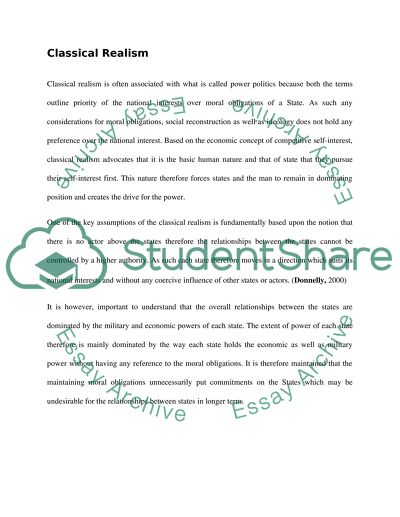Cite this document
(“What can neorealism explain Essay Example | Topics and Well Written Essays - 2250 words”, n.d.)
Retrieved from https://studentshare.org/history/1393745-what-can-neorealism-explain
Retrieved from https://studentshare.org/history/1393745-what-can-neorealism-explain
(What Can Neorealism Explain Essay Example | Topics and Well Written Essays - 2250 Words)
https://studentshare.org/history/1393745-what-can-neorealism-explain.
https://studentshare.org/history/1393745-what-can-neorealism-explain.
“What Can Neorealism Explain Essay Example | Topics and Well Written Essays - 2250 Words”, n.d. https://studentshare.org/history/1393745-what-can-neorealism-explain.


